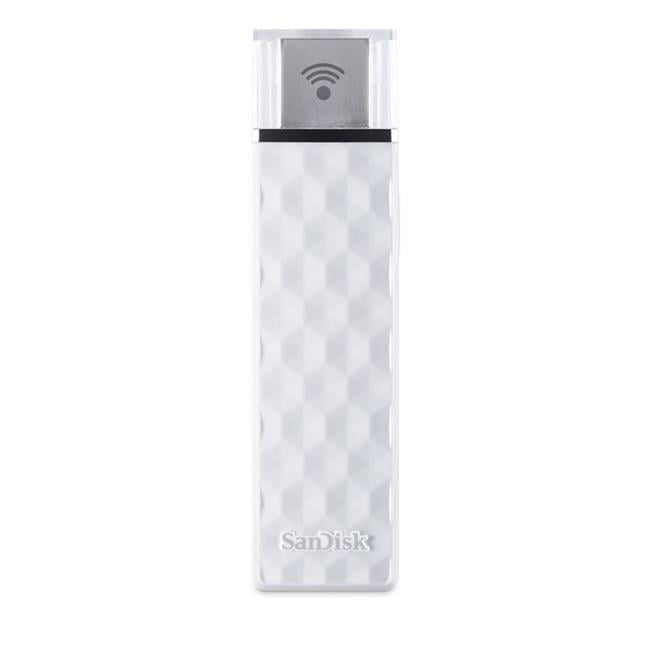

We also assessed their portability, overall performance, and pricing, among other things. We've compared these flash drives on various points, from their storage capacity and connectivity options to their read and write speeds and encryption features. Many even come with data encryption and security to ensure that your files are safe. Better yet, these newer flash drives have increased their data transfer speeds and storage capacity to up to 256GB, which means that they’re capable of storing large files like videos, high-res photographs, and music. You'll know your drive is bad if another computer doesn't locate it.Whether you have files that you need to bring with you, are trying to back up important files, or simply need extra storage for your laptop, an excellent flash drive should save you some money.


If it still doesn't work in a different USB port, test it with another computer to see if your drive is working. The port you're currently using might not be working.

If it doesn't, press Win +E to open File Explorer.It will list several options depending on what is stored on the flash drive. Unless it has been disabled, the Autoplay window will open when you insert your USB drive.NOTE: If Windows isn't able to identify the device or install the drivers automatically, you may either visit the manufacturer's webpage for the appropriate driver (it is often located in the support or download section of the website) or visit the Windows Compatibility Center which lists thousands of devices and links to their respective webpages.You will see notifications about this in the bottom right corner of the desktop. When you insert the flash drive, Windows will install the drivers for it automatically. Generally, USB drives insert one way, so if it doesn’t fit, try turning it upside down. If you plan to use it frequently, insert it into the front port for accessibility reasons.


 0 kommentar(er)
0 kommentar(er)
